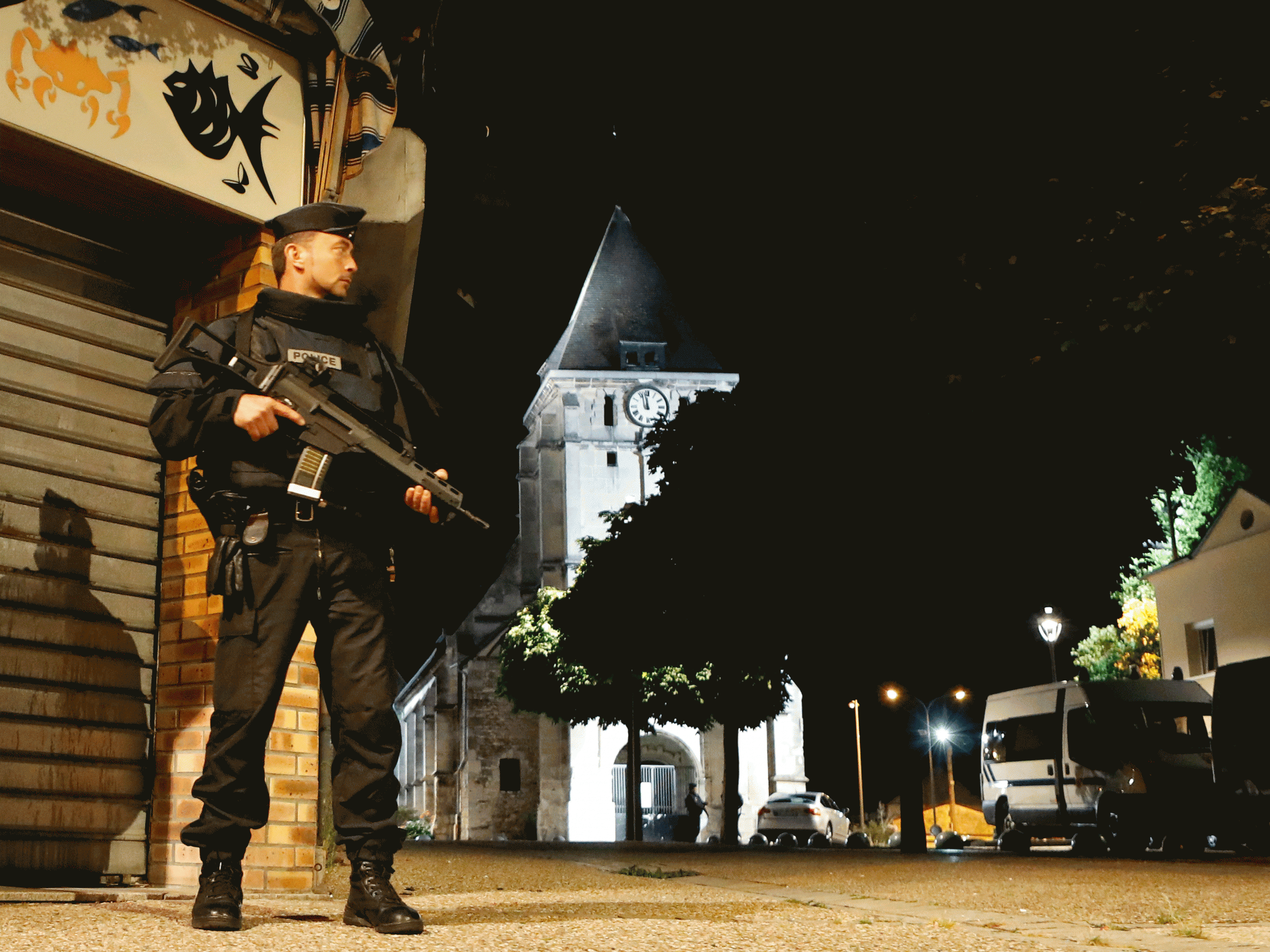French Prime Minister plans ban on foreign funding for mosques with more Isis terror attacks predicted
Manuel Valls predicted that France would be targeted by further terror attacks

The French government is considering banning the foreign financing of mosques as it reshapes its counter-extremism strategy following a fresh wave of terror attacks.
Manuel Valls, the Prime Minister, told Le Monde the prohibition would be for an indefinite period but gave no further detail on the policy.
“There needs to be a thorough review to form a new relationship with French Islam,” he added.

“We live in a changed era and we must change our behaviour. This is a revolution in our security culture…the fight against radicalisation will be the task of a generation.”
Following the murder of a priest by teenage Isis supporters at a church in Normandy and the Nice attack, Mr Valls said France was “at war” and predicted further atrocities.
“This war, which does not only concern France, will be long and we will see more attacks,” he added.
“But we will win, because France has a strategy to win this war. First we must crush the external enemy.”
The French government has come under increasing criticism for failing to prevent atrocities, including the latest attack in Normandy.
Security services were tipped off that Abdel Malik Petitjean, 19, was planning an attack but police were reportedly unable to identify him from photos and a video showing him declaring allegiance to the so-called Islamic State.
He was already on country’s “fiche S” terror watchlist for attempting to travel to Syria in June but slipped through the net to re-enter France after being stopped by Turkish authorities.
Petitjean and 19-year-old Adel Kermiche took six people hostage at a church in Saint-Étienne-du-Rouvray and slit the throat of its priest, Father Jacques Hamel, before being shot dead by police.
Kermiche was also known to security services and was wearing an electronic surveillance tag while on bail as he awaited trial for membership of a terror organisation at the time.
It came less than a fortnight after the Nice attack, when a Tunisian man killed 84 people and injured 300 more when he ploughed a lorry into crowds celebrating Bastille Day.
Mohamed Lahouaiej-Bouhlel was not among the 10,000 names on the “fiche S” but the inclusion of terrorists including several of the Paris attackers, the two Charlie Hebdo gunmen and their accomplice Amedy Coulibaly, as well as a lorry driver who beheaded his manager and attempted to blow up a chemical plant has shown the system to be ineffective.
Intelligence officials have admitted that they are under-resourced to deal with the potential threat from each individual, who would need up to 20 people monitoring them every day.
France’s continuing state of emergency has drastically expanded detention powers, sparking a wave of controversial house arrests since November.
Responding to criticism, Mr Valls said his government would not create a “French Guantanamo” or be swayed by populism.
Join our commenting forum
Join thought-provoking conversations, follow other Independent readers and see their replies
Comments
Bookmark popover
Removed from bookmarks